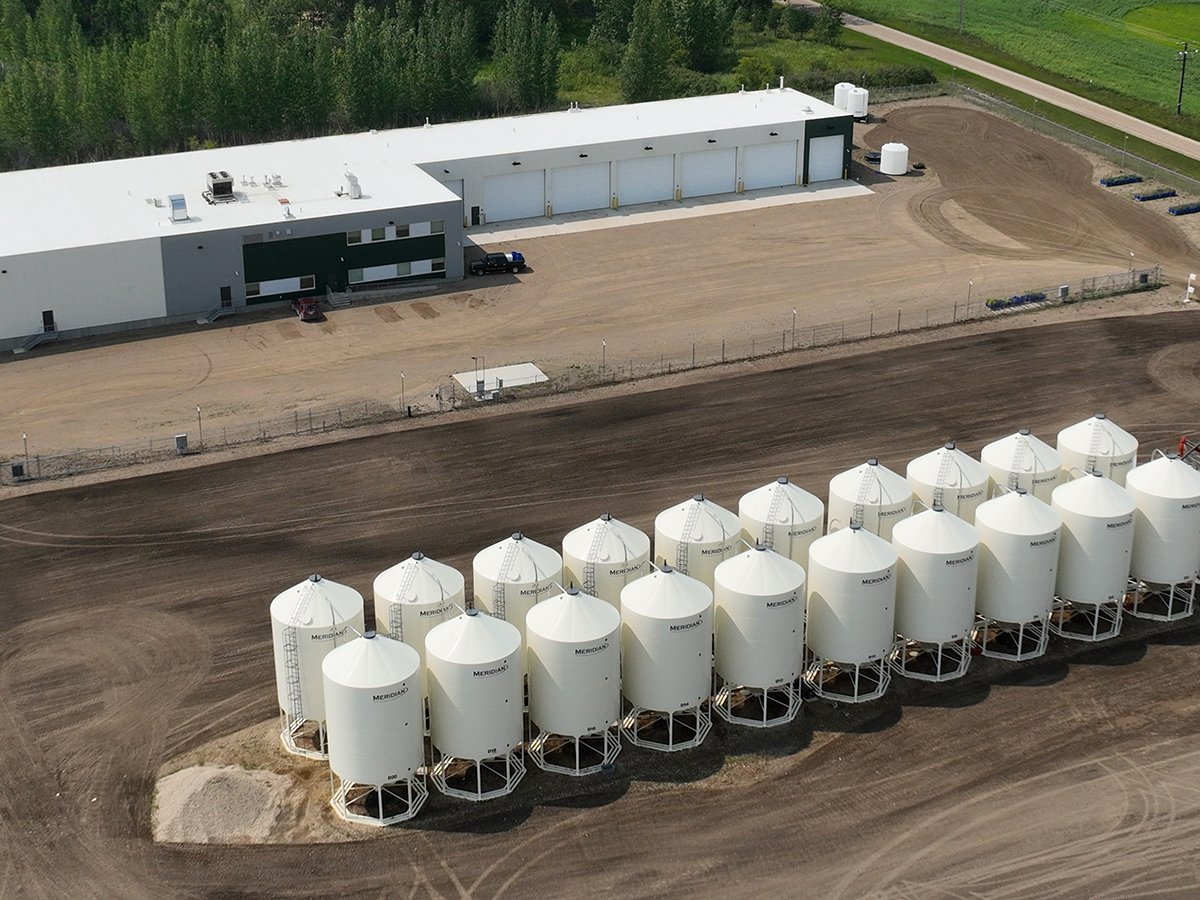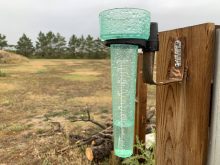Canada’s 12th case of BSE in a northern Alberta dairy cow likely contracted the disease from eating contaminated calf starter within a few months of its birth in 2001.
The Canadian Food Inspection Agency investigation reported the cow was euthanized in early February after exhibiting locomotion problems and eventually went down. A veterinarian collected the brain sample and the case was confirmed Feb. 25.
“Feeding a contaminated calf starter within the first two months of life is one possible source of exposure to infectious material for the case animal,” said the July 31 report.
Read Also

Saskatchewan firm aims to fix soil with compost pellets
In his business, Humaterra, Leon Pratchler is helping farmers maximize yields in the weakest areas of their fields through the use of a compost pellet.
The exact source of contamination was not found because the farm used commercial feed from two manufacturers for its calves and heifers. However, the investigation found both facilities used prohibited material and equipment was not properly cleaned between feed batches.
“Prohibited material was supplied to both facilities from the same rendering facility, which also supplied prohibited material to feed suppliers identified in previous BSE cases,” said the report.
Farm records show the infected animal could have been infected when it was slightly older than a month.
It also could have received rations at around eight months with carryover amounts of a feed containing prohibited material due to improper sequencing of a pre-pellet holding bin.















